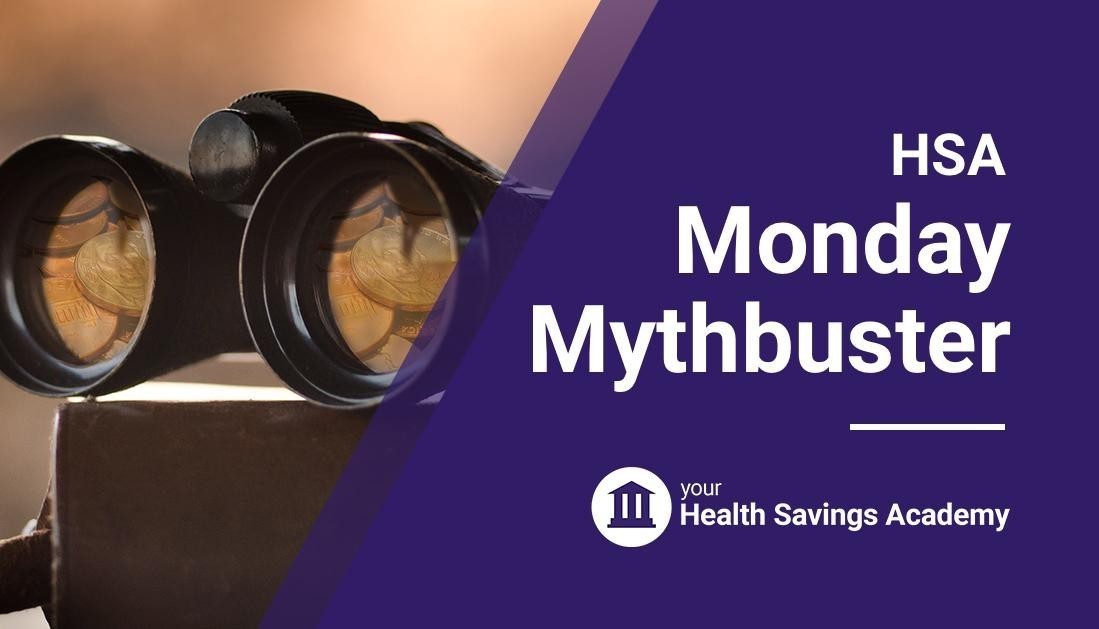
Do Spouses Always Inherit HSAs Tax-free? Not Without Planning!
Federal tax law allows a Health Savings Account owner to pass an account to a spouse on the owner's death. But it's not automatic.
It's a topic that few people want to face: their own death. But it's important because making decisions about the treatment of Health Savings Account balances after death can mean savings of thousands of dollars in current and future taxes.
Estate Treatment of Health Savings Accounts
Health Savings Accounts are trusts. And like other trusts, they bypass the probate process when the owner dies. The disposition of the trust follows federal tax law, which requires different treatment depending on whom the owner names as beneficiary:
1. Spouse. The surviving spouse can work with the administrator to execute a transfer to a Health Savings Account owned by the spouse. Spouses can open a Health Savings Account and receive the balances - even if they don't meet eligibility requirements to open an account otherwise. The funds are then treated as the property of the spouse within a Health Savings Account, with all applicable rules and tax advantages of an account. This is the most tax-efficient means of preserving funds for family members to spend.
2. Someone other than the spouse. In this case, the funds are liquidated (perhaps after the estate reimburses any outstanding qualified expenses incurred during the last 12 months of the owner's death). The beneficiary then receives the cash without restrictions. The distribution is taxable to the recipient if the beneficiary is subject to taxes. For example, a child who receives the liquidated balance would include the amount in her taxable income, but balances located to a 501(c)(3) charity wouldn't be subject to taxes. This approach eliminates the tax savings associated with a distribution to a surviving spouse. But it allows the recipient to spend the balance on anything without penalty after the beneficiary pays income taxes.
3. No beneficiary. When the owner doesn't name a beneficiary, the account is liquidated and distributed according to state law. This is a worst-case scenario in terms of maximizing the amount received by a surviving family member.
The Spousal Option
The tax-free transfer to the surviving spouse works only when the spouse and the account administrator are on the same page. The surviving spouse must contact the administrator, provide a copy of the death certificate, and complete paperwork to have the funds deposited into a Health Savings Account in her name. She can establish this account even if she's not eligible to open and fund a Health Savings Account on her own.
When the transaction is completed, she can use the account just as any other Health Savings Account owner can. She can make additional contributions if she's HSA-eligible. She can invest her balances. She can withdraw funds tax-free that to reimburse qualified expenses that she, her tax dependents, and even a future new spouse, incur on or after the date that the balance is deposited into her account.
The Bottom Line
The disposition of a Health Savings Account certainly is not a top-of-mind priority when faced with the death of a spouse. It's nevertheless important to place this item on the priority list of tasks to be completed. A tax-free transfer of balances can save thousands of dollars in taxes and help the surviving spouse manage her own and her tax dependents' qualified out-of-pocket expenses.
#HSAMondayMythbuster #HSAWednesdayWisdom #HSA #TaxPerfect #HealthSavingsAccount Coming soon: #ICHRAinsights
The content of this column is informational only. It is not intended, nor should the reader construe the content, as legal advice. Please consult your personal legal, tax, or financial counsel for information about how this information applies to you or your entity.
Director Data Science Elevance Health
9moWilliam G. (Bill) Stuart thanks for sharing this article …I have a follow up question and sent you a personal message on this topic
Investment Management | Senior Portfolio Manager
10mointeresting that the account value is not covered by the federal estate tax exclusion. So to the extend the decedent wants to make charitable gifts, perhaps its best to be funded from the HSA...more food for thought, Bill!